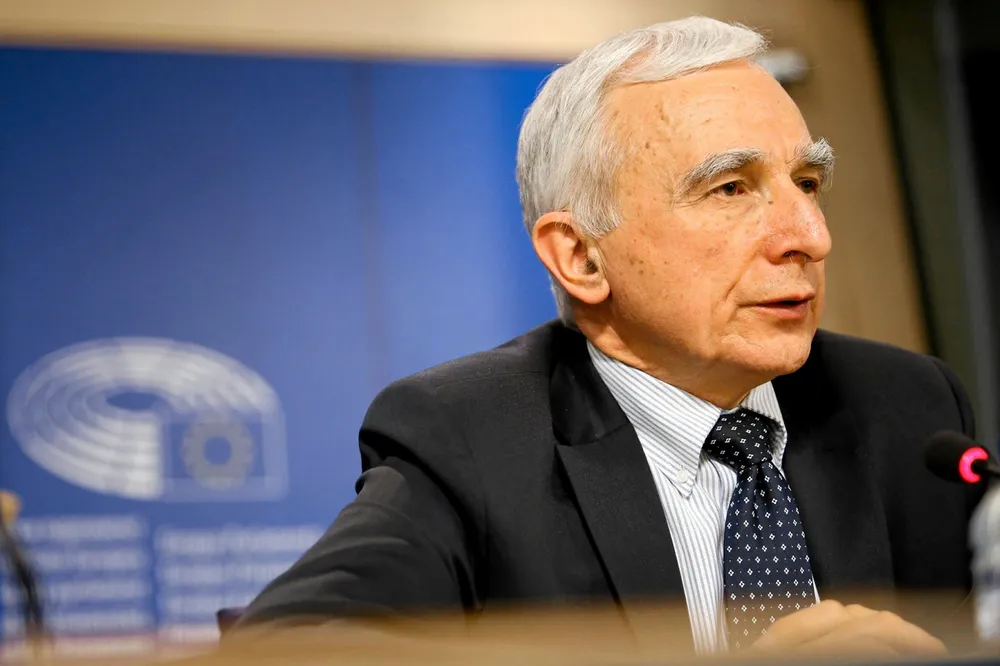Poland readies project intended to provide energy independence from Russia
Country's authorities welcome progress at Baltic Pipe project that will permit Poland to import gas from North Sea next year

Country's authorities welcome progress at Baltic Pipe project that will permit Poland to import gas from North Sea next year
